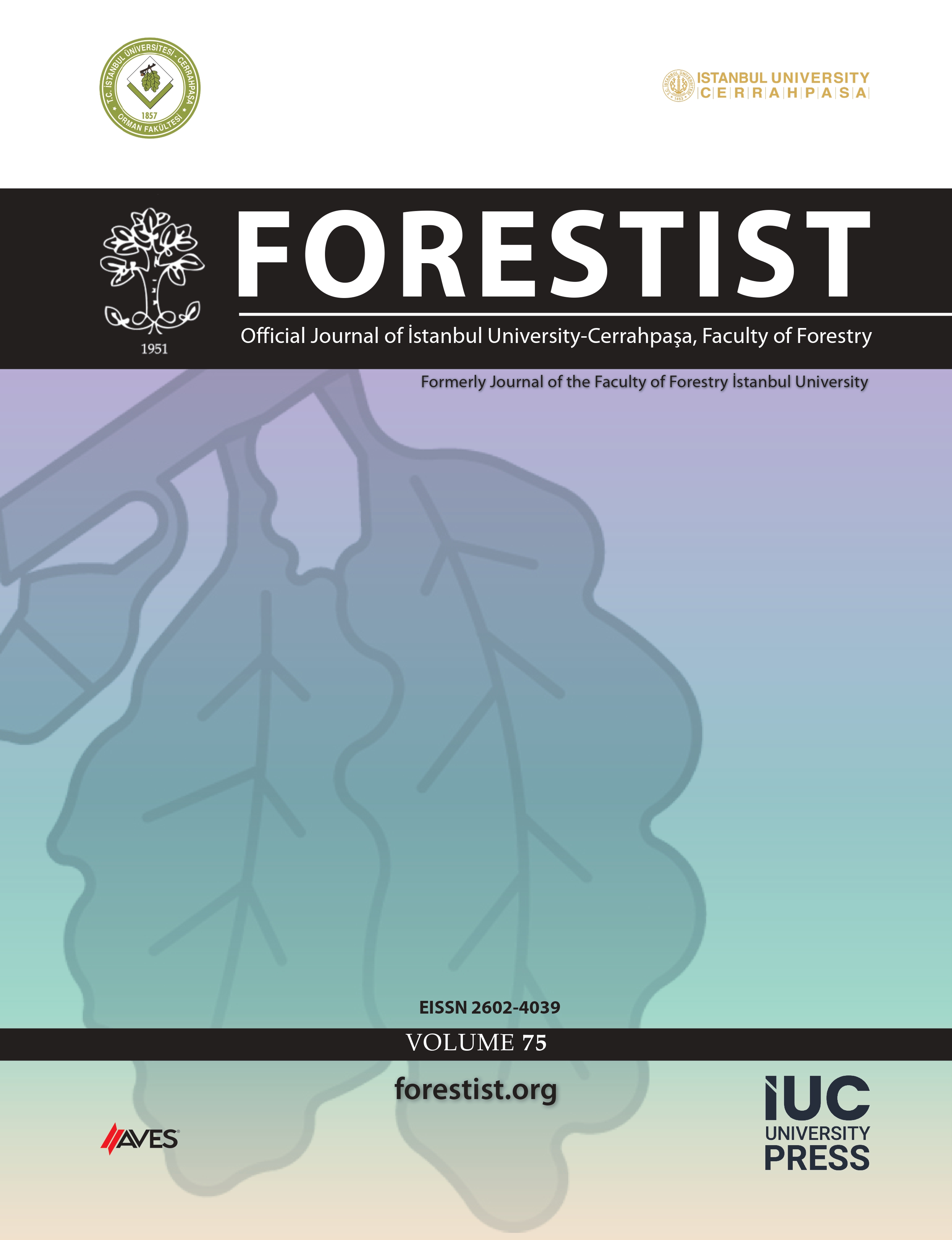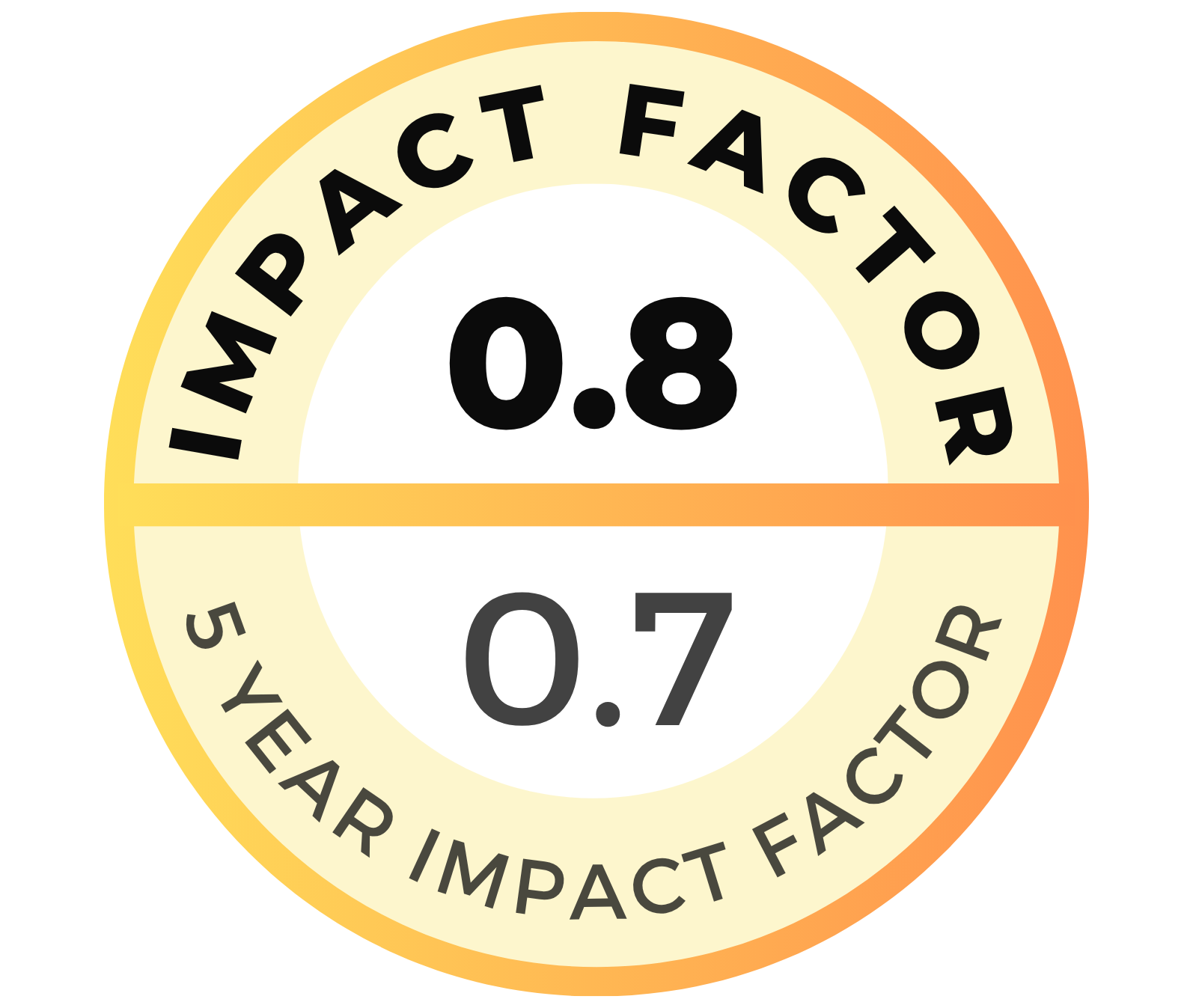Forest management practices such as road construction and harvesting may substantially alter the quality of water. The main concern of this investigation was to consider the influence of passed time from logging operation on stream water quality parameters. Six Stream crossings (culverts) with two logging treatments were implemented in three replications on permanent haul roads for this study. Water samples were collected in bottles. All the samples were kept cold and analyzed for total suspended solids (TSS), NO3 - and PO4 -3 . T–test results showed that the PO4 -3 and NO3 - concentrations of stream water from logging treatment had significantly higher concentrations (p<0.05). Also, results of correlation analysis of parcel characteristics in logging treatments showed that only NO3 - concentration was significantly correlated with stocking volume (R=0.738). Logging has resulted in some decline in water quality by decreasing tree uptake and increasing litter deposition. A much longer time span for monitoring program is recommended to see what happened with the recovery from felling on the stream water quality.
Cite (Atıf) : Akbarimehr, M., Hosseini, S.A., Hodjati, S.M., Shariati, F., 2016. Analysis of changes in stream water chemistry following logging practices in north of Iran (Darabkola forest). Journal of the Faculty of Forestry Istanbul University 66(2): 539-547. DOI: 10.17099/jffiu.52768




.png)
